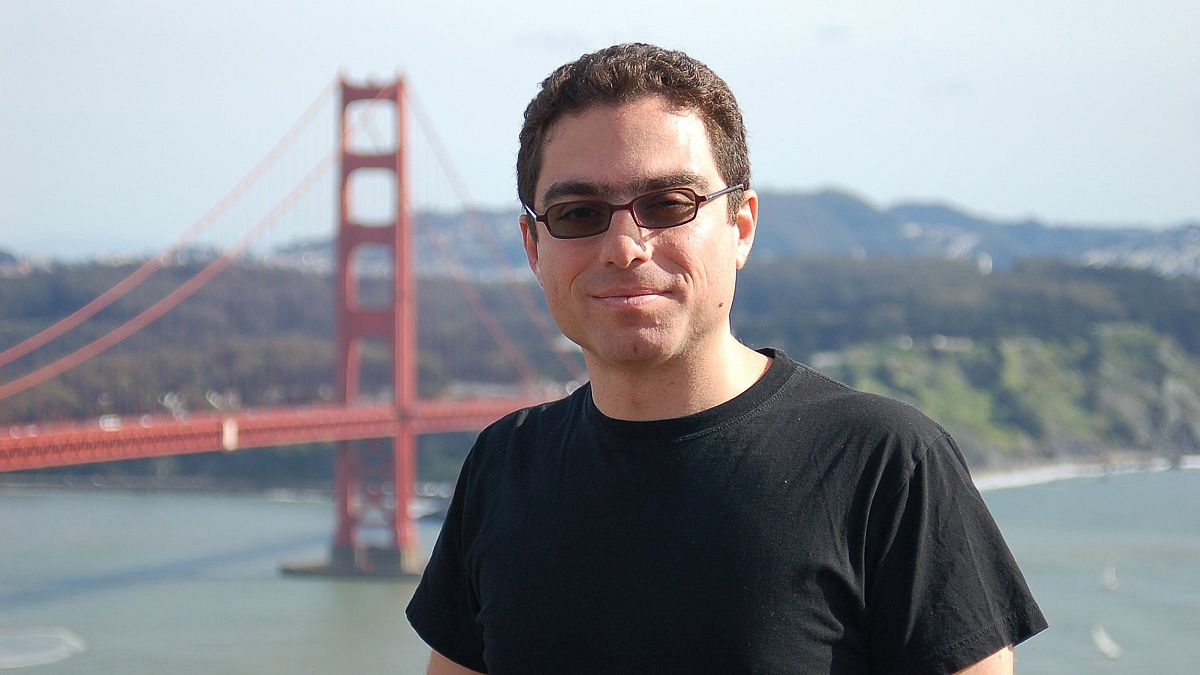If the Iranian-American dies in custody, it could trigger a crisis between the United States and Iran.
The son of an 82-year-old Iranian-American held in Iran for nearly three years warned his father could die in custody due to his deteriorating health and appealed to the Tehran regime to release him on humanitarian grounds.
The emotional appeal marked the first time the family has urged the release of Baquer Namazi without resolving the fate of a second son, Siamak, 47, who is also under detention in Iran. The public plea reflected increasing desperation for the Namazi family and comes at a time of tension between Iran and the United States after President Donald Trump pulled Washington out of an international nuclear agreement with Tehran.
Baquer Namazi is the oldest American known to be held in Iran and has been on temporary medical leave in Tehran for much of the last nine months due to an irregular heartbeat and low blood pressure. But his health has steadily declined even while on furlough from prison, his son, Babak Namazi, and family lawyer told reporters in Washington.
Babaka Namazi said time was running out for his father unless he could leave Iran to receive medical treatment. "I can't imagine how much more my father can really withstand. . .I fear the worst."
The son said he wanted "to implore and beg the Iranian government to show mercy."
In October, the elderly Namazi started to suffer bouts of dizziness and disorientation, the son said, and a neurologist concluded he had epilepsy.
"Unfortunately to our horror, he was diagnosed with epilepsy at the age of eighty-two. For me it is shocking," Namazi said.
In October 2016, both Baquer and Siamak Namazi were sentenced to 10 years in prison for "collaborating with a hostile state" after a secretive trial that a U.N. panel and rights groups condemned as arbitrary and a violation of international law.
Babak Namazi, a lawyer based in Dubai, met senior officials at the White House and State Department in the past two days to appeal for renewed efforts to secure the release of his father and brother.
The family's attorney, Jared Genser, called on the Trump administration to pursue a dialogue with Iran solely focused on humanitarian and consular issues such as the Namazi case.
He said that "it's clear that two years of what has been tried so far hasn't worked."
Iranian Foreign Minister Mohammad Zarif has suggested his government would be open to discussing a possible prisoner exchange.
Genser said in their meetings with Trump administration officials, he and Babak Namazi asked that the White House make good on the president's promise during the 2016 election campaign in which he vowed not to allow Americans to languish in Iranian jails.
"This doesn't happen if I'm president!" Trumptweeted at the time.
The Trump administration, which has repeatedly called on Iran to release the Americans held in Iran, has reimposed an array of hard-hitting sanctions on Tehran in recent months since Trump withdrew the U.S. out of the nuclear agreement. The 2015 deal between Iran and world powers eased economic sanctions in return for imposing limits on the country's nuclear program.
The death of an American citizen in Iranian custody would almost certainly add more pressure to an already volatile relationship, experts said.
Genser said if the elderly Namazi was allowed to die in Iran, it would not only represent a devastating outcome for his family but also "a really dramatic, terribly damaging incident that would further exacerbate the tensions between the United States and Iran in very serious and even irreparable ways."
In discussions this week, Genser said U.S. officials indicated they took the case very seriously. But there appears to have been no dialogue in recent months between the United States and Iran on the fate of at least five Americans held in Iran, he said.
The two countries have no diplomatic relations and U.S. official contact with Iran has been further curtailed since President Donald Trump's decision to pull the United States out of the Iran nuclear agreement in May. Under the deal, U.S. officials had taken part in quarterly meetings with Iran and other signatories to the agreement, and the Americans would usually use the discussions to raise the plight of Americans held in Iran.
New medication to treat the epilepsy has required Baquer Namazi to stop taking sedatives and anti-depressants. As a result, he is suffering from recurring nightmares and a deepening depression, the family's lawyer, Genser said.
Before his retirement, Baquer Namazi worked as a senior official at UNICEF and helped craft the Convention on the Rights of Child. During the course of his detention at the infamous Evin prison in Tehran, he has been threatened with execution and placed in solitary confinement, according to Genser. Namazi has lost 30 pounds and been rushed to hospital several times for emergency treatment. He has undergone two heart-related surgeries, including one to install a pacemaker.
The U.S. State Department and Iran's mission to the United Nations did not respond to requests for comment.



